WAC Faculty Fellows
2025-2026 Faculty Fellows
Heather Coleman
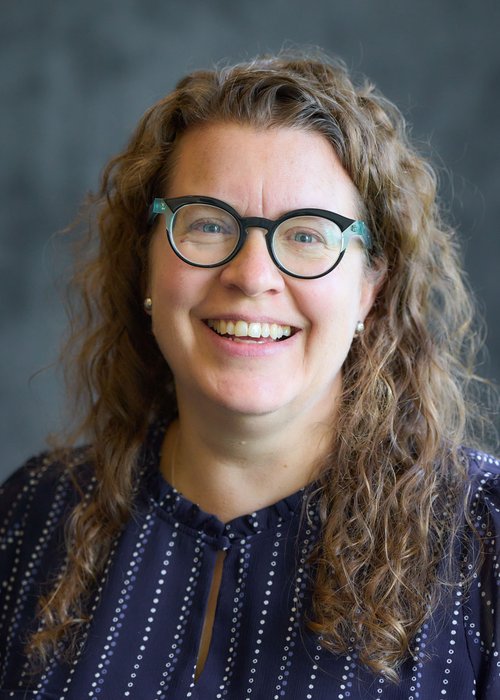
Associate Professor
Biology
Courses taught at SU:
● Director for the BIO Peer Mentoring Program. This is a course-based program (currently Bio100), based on the Biology Mentoring and Engagement (BIOME) program developed at University of California Santa Barbara. This program has an associated course for mentors (Bio300) that I also teach
● Director for the BIO Distinction Program and instructor for the associated Junior/Senior Thesis Seminar (Bio419) course. This course is taken up to four times by Distinction students (fall and spring of both junior and senior year) and is intended to support them in the production of their distinction thesis and final presentation.
“Participating in the WAC program has provided valuable time to focus on pedagogy and my specific goals for engaging students in writing. Teaching a course that supports students as they write their undergraduate theses is both exciting and challenging, and the support from WAC has enabled me to create more solidly scaffolded assignments that guide students through what can feel like a daunting task. Through the WAC program, I have incorporated low-stakes assignments that students can revise throughout the semester and introduced a peer review process for each semester's final writing assignment. My experience aligns with findings in the literature: students learn more about effective writing by reviewing others' work than by receiving feedback on their own. I am excited to work with BIO Distinction students as they hone their writing skills and am grateful to the WAC program for equipping me with evidence-based practices to support this work.”
Albrecht Diem
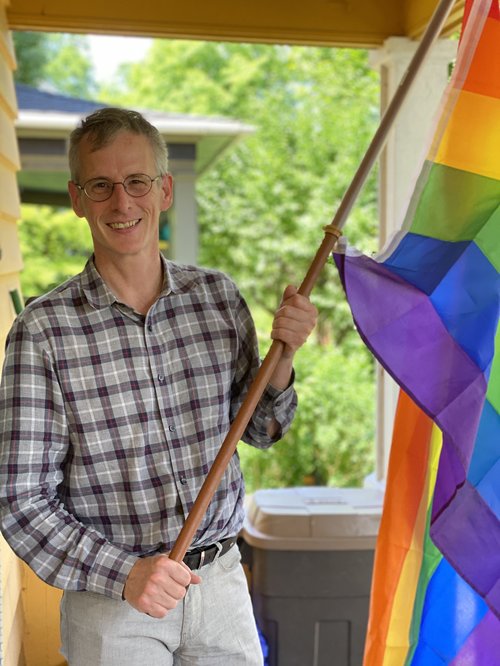
Professor
History
Courses taught at SU:
● HST 210 The Ancient World
● HST 310 The Early Middle Ages
● HST 301 Practicum in History
● HST 401 Senior Research Seminar
● HST 348 Queering the Middle Ages
● HST 376 Death in the Middle Ages
● HST 398 Saints and Sinners in the Middle Ages
● HST 399 Early medieval monasticism
“I am mainly working on revising the written assignments for HST 210: The Ancient World, a large lecture course with weekly written assignments. I’m immensely grateful for getting some outside feedback and learning about the teaching strategies of my colleagues. Two of my main challenges are designing assignments that integrate the use of AI and to think about assignments that engage with the current political and societal environment and uphold the University’s commitment to diversity and inclusion.”
Zahra Vahedi

Assistant Teaching Professor
Psychology
Courses taught at SU:
● PSY 474: Forensic Psychology
● PSY 484: Laboratory in Forensic Psychology
● PSY 209: Foundations of Human Behavior
“When I applied for the Writing Across the Curriculum fellowship, I naively imagined it would simply be an opportunity for me to reinvigorate a written assignment for my Forensic Psychology class. What I did not anticipate was how transformative the experience would be for me as an educator. Throughout the fellowship, I was expertly guided to critically examine my own notions of writing and its role in a classroom. Through workshops, guided discussions, reflective assignments, and curated resources, I have become far more intentional and nuanced in how I approach reading and writing with my students. I am forever grateful to Emily for creating such an inspiring and transformative learning experience, and I highly recommend this fellowship to any faculty member seeking to deepen their understanding of writing in their courses.”
Weiwei Zheng
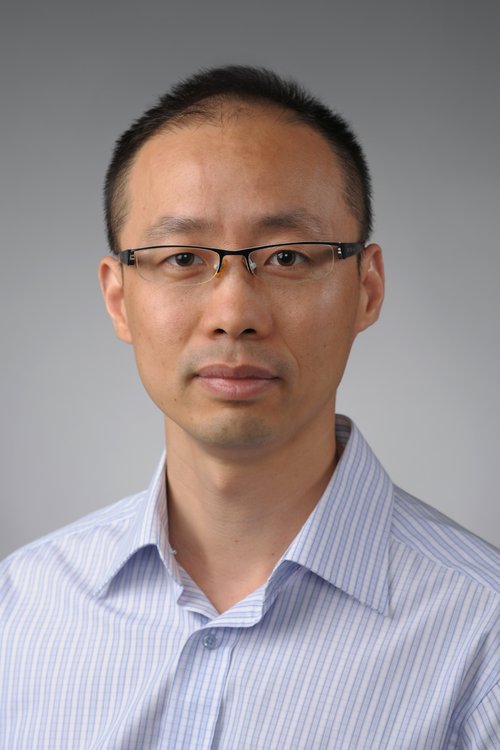
Associate Professor
Chemistry
Courses taught at SU:
● CHE 422: Inorganic Laboratory Technique
● CHE 616: Solid State Chemistry
● CHE 106: General Chemistry I
● CHE 600: Physical Methods for Characterizing Materials
● CHE 600: Inorganic Nanomaterials
● CHE 600: Materials & Bioinorganic Chemistry
“As a WAC Faculty Fellow, I am exploring how writing can deepen learning and strengthen research communication in the sciences. In my graduate-level course, I incorporate informal in-class and out-of-class writing exercises that encourage students to reflect on complex concepts, connect theory with practice, and engage more meaningfully with course material. I view writing as both a tool for learning and a critical component of research development, helping students articulate their goals, craft coherent narratives, and present their work effectively. Through these WAC-inspired practices, I aim to make writing a transformative part of students’ academic and professional growth”
2024-2025 Faculty Fellows
Deepika Das
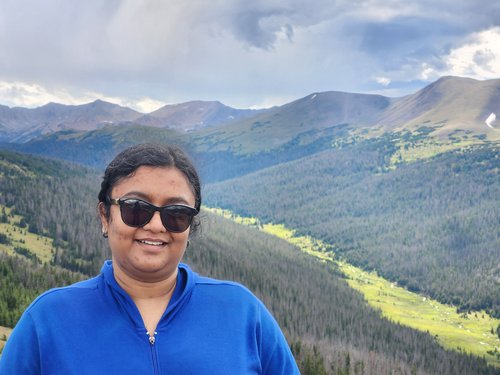
Assistant Teaching Professor and Director of Curricular Programs
Forensic and National Security Sciences Institute (FNSSI)
Courses taught at SU:
- Capstone Seminar in Forensic Sciences (FSC 498)
- Basic Lab Skills for Advanced Research (FSC 605)
- Forensic Chemical Analysis (FSC444 and 644)
- Instrumental Forensic Chemical Analysis Laboratory (FSC 646)
“The WAC fellowship helped me appreciate different aspects and goals of both reading and writing, specifically clarifying the purpose of each reading exercise and effectively contextualizing the writing assignments by addressing their goals and audience. These changes also helped me gain more clarity about the expectations, directions and rubric design for each assignment. These changes in the classroom were significant in encouraging intentional reading practices and helped students make informed decisions regarding the content of their assignment. I learned a lot through the workshops as several of these considerations were not part of my disciplinary training. The fellowship also inspired me to be explicit in instructions and avoid assumptions of student knowledge of disciplinary practices, critical in a capstone class with students of different backgrounds.”
Amy Kallander
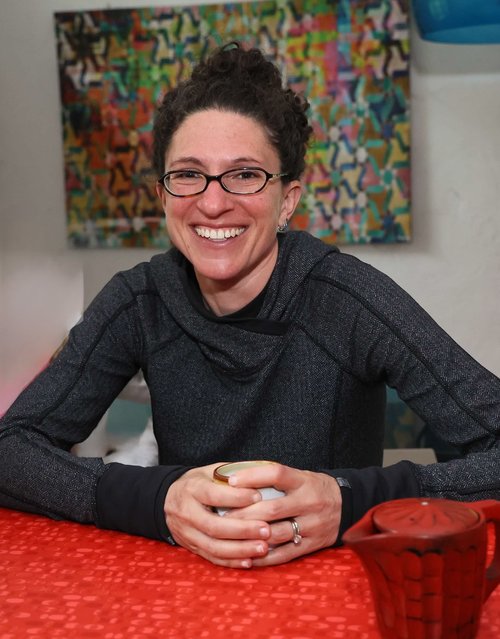
Professor
History (affiliated faculty with Women’s and Gender Studies)
Courses taught at SU:
HST 317: Arab Revolutions
HST 374: Pop Culture in Middle East History
HST 407: Iraq: Modern Nation to US Occupation
HST/WGS 379: Gender, Race, and Colonialism
HST 644: Israel and Palestine, Historical Approaches
“Getting involved with an anti-racist WAC program led by amazing colleagues has been one of the best professional development experiences of my career thus far, creating a sustained engagement with pedagogy. Our readings, conversations, and explorations of writing as learning has inspired me to re-think how to structure class time and to re-imagine student assessment, and learning objectives. I have tried to apply these insights about pedagogy to revising all of my courses and as I have planned and designed a new course “Absent Presence: History of Palestine” that I am offering for the first time this fall. Each workshop was carefully designed and included a wealth of useful resources.”
Matthieu H. van der Meer
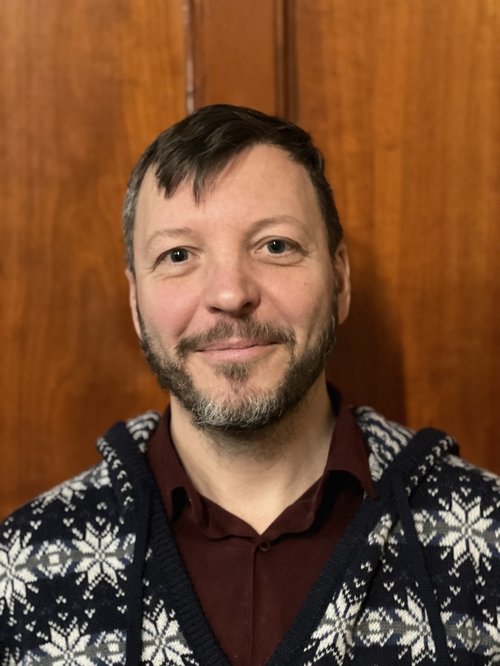
Associate Teaching Professor of Classics
Languages, Literatures, and Linguistics
Courses taught at SU:
- Latin (I-III)
- Greek (I and II)
- Love and Friendship in Antiquity and the Middle Ages (LIT 200)
- Mystics, Knights, and Drunks. Introduction to Medieval Literatures (LIT/HST 300)
- Care of the Soul. Ancient and Medieval Views on Happiness and Misery (LIT/REL 200)
“The WAC fellowship was incredibly helpful for me to better integrate students’ writing with the content of my courses. The meetings with the other fellows and the conversations with the WAC team gave me not only a wide palette of techniques of incorporating writing in class and of assessing the students’ work, but they also provided me with the instruments to develop my Literature courses in a more structured way around and towards writing, whereas earlier the obligatory paper had often the character of an accidental appendix. Thus, WAC helped me in becoming a better and more effective teacher.”
Serena Wang
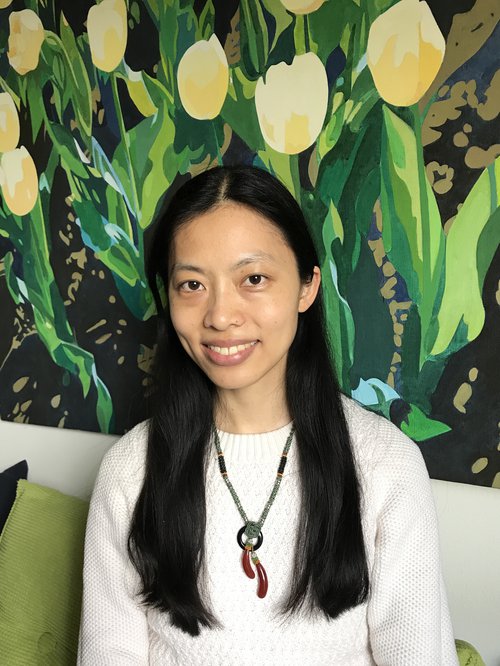
Assistant Teaching Professor
Art and Music Histories
Courses taught at SU:
- HOM 165: Understanding Music,
- HOM 482: Roots of Global Pop
- HOM 386:Sounds of the Silk Road
- HOM 300 Music of the 1960s
“One of the objectives across the HOM (history of music) courses that I teach is to train students to write about music critically; the WAC fellowship has contributed significantly to that goal. I look forward to the weekly workshops where fellows exchange ideas and teaching experiences. We were also presented with fresh perspectives and activities that could be applied immediately to our teaching. I have incorporated “write to learn” exercises such as reflection and free writing into my lectures, both of which have a noticeable impact on student engagement. The analysis of academic genres has helped me diversify writing assignments and create AI-proof projects. The one-on-one consultation with Emily and Sidney, the director and assistant director of WAC, further helped me with scaffolding large-scale assignments. My experience as a WAC fellow has been invaluable.”
2023-2024 Faculty Fellows
Mark Brockway
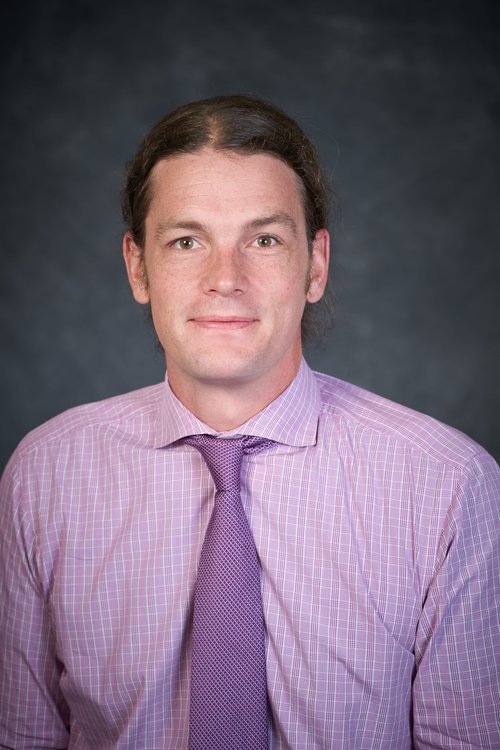
Assistant Teaching Professor
Political Science
Courses taught at SU:
● American National Government and Politics
● State and Local Politics
● Religion, Science, and Politics
● Religion and Politics
● Campaigns and Elections
● Civic Engagement Research Seminar
“During the WAC fellowship, I developed and expanded learning modules for my Religion and Politics course. The course relies on simulations paired with worksheets that students fill out in groups every week. My primary goal for the WAC fellowship was to encourage greater engagement with the worksheets themselves and with the simulations. During the fellowship, I made three substantial changes to the assignments. First, the WAC fellowship encouraged me to incorporate reflection into the worksheets during which each student took a few minutes at the end of class to think about the simulations. Second, I incorporated presentations in which two groups presented their work in each class. Lastly, I used ‘exit tickets’ during lectures that allowed students to ask questions raised by the lectures. Each strategy that was developed through the WAC fellowship has significantly increased engagement in the class. I have also benefited significantly from the fellowship with other instructors as their feedback has been essential.”
Jessie Joyce
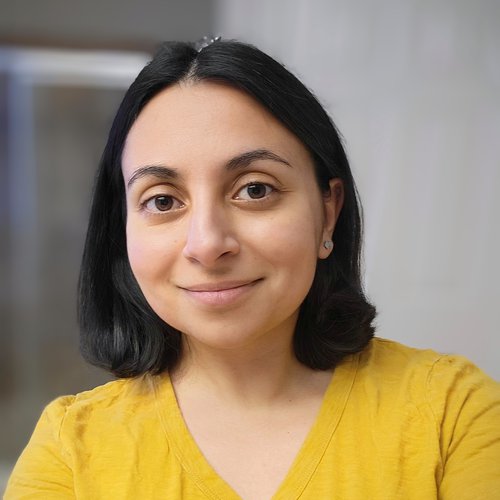
Assistant Teaching Professor
Psychology
Courses taught at SU:
● PSY 374: Social Psychology
● PSY 212: Research Methods
● PSY 252: Statistical Methods
“I am fortunate to have colleagues who are past WAC Fellows. They recommended the program highly and it did not disappoint! I found it very empowering. I have always prided myself on having a compassionate teaching philosophy. Through the anti-racist WAC Fellowship, I was able to learn evidence-based pedagogical strategies and how to implement them in my classes to better align my teaching practices with my philosophy. For example, I am now taking time with my students to engage in genre analysis of different psych science reporting outlets and encouraging them to adopt styles that offer transferrable skills with respect to their own goals.”
Aaron Luedtke
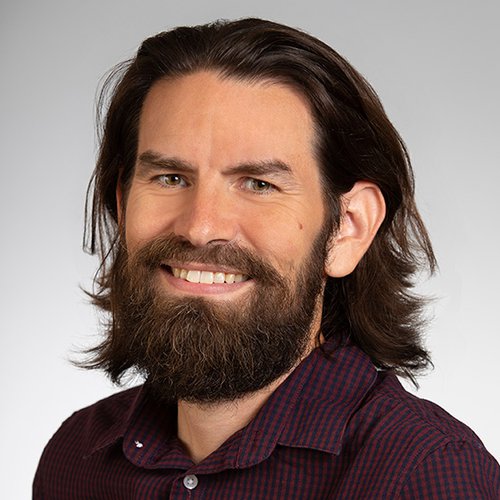
Assistant Professor
History
Courses taught at SU:
● Native American History from pre-Colonialism to 1830
● Native American History from 1830 to the Present
● The History of Indigenous Representation through Film and Literature
● Native America and the World
“My research, teaching, and service work all intermingle and overlap. My career goal is to identify and disrupt the dehumanization and erasure of Native Americans from the public consciousness. I am always looking for ways to accomplish this in my teaching. WAC has provided me with several tools and practices to explicitly challenge my students to recognize the ways that US society continues to marginalize Native peoples, and to explore and appreciate the rich legacy of ongoing resistance efforts by Native peoples of that marginalization. In my work with WAC I have developed a deeper understanding of transparency and intentionality when it comes to communicating with my students, from including more explicit expectations in my syllabi to constructing clearer assignment prompts and rubrics. More importantly, WAC has helped me approach my role as a teacher with more intentionality, grace, and understanding as I seek to better meet my students where they are.”
Erica Schumener
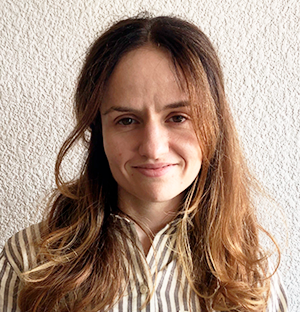
Assistant Professor
Philosophy
Courses taught at SU:
● Critical Thinking
● Introduction to Philosophy
● Personal Identity
● Metaphysics of Identity/Constitution
● Proseminar in Language, Epistemology, Mind, and Metaphysics (LEMM)
“My research areas are metaphysics and the philosophy of science. I grapple with questions like, “How should we understand what makes each object in the universe unique?” and “What is the relationship between objects and the matter that composes them?” I currently teach courses in critical thinking, metaphysics, and introductory philosophy. I believe that every student—no matter their academic background or expertise—can use philosophy to better understand the world around them. One of my primary teaching goals is to ensure that my students can critically engage with difficult texts. The Writing Across the Curriculum fellowship has helped me to construct writing assignments for my students that further this goal. I aim to help my students improve their analytical writing skills by offering writing assignments in multiple genres, offering opportunities for revision, and providing prompt feedback. In the Writing Across the Curriculum Fellowship, I have also learned new methods for helping my students connect with the course material.”
2022-2023 Faculty Fellows
Verena Erlenbusch-Anderson
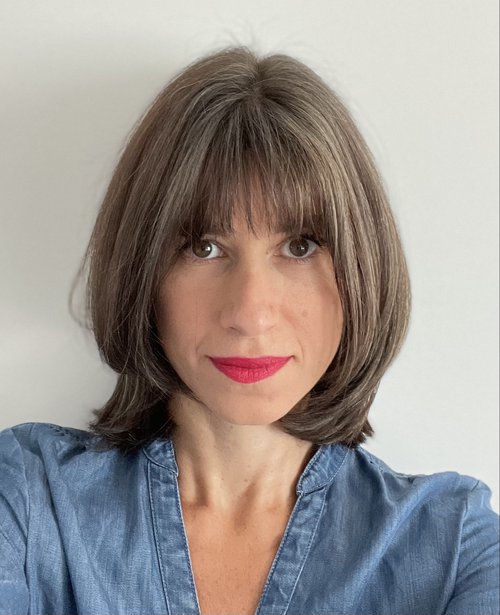
Associate Professor
Philosophy
Courses she teaches at Syracuse University:
● PHI 191: The Meaning of Life
● PHI 397 / PSC 375: Philosophy of Law
● PHI 317 / PSC 373: The Social Contract Tradition and Its Critics
● PHI 417 / PSC 382: Contemporary Political Philosophy
“I have tinkered with my Philosophy of Law course ever since I started teaching it about ten years ago, to effectively serve students from a range of disciplinary backgrounds, many of whom want to pursue a career in law. The result was somewhat of a Frankencourse, with various assignments that served specific purposes but were not tied to each other, to a comprehensive writing strategy, or to my efforts to implement accessible and antiracist pedagogical practices. WAC allowed me to step back, see the bigger picture, and rethink some fundamental elements of the course. The fellowship gave me concrete strategies for scaffolding all assignments and aligning them with my pedagogical goals and values, thereby allowing students to clearly see the purpose of everything they do in the course to advance their learning. WAC has been the single most productive and inspiring opportunity for my development as a teacher and offered a space for connection, collaboration, and solidarity with colleagues from other disciplines.”
Mariaelena Huambachano
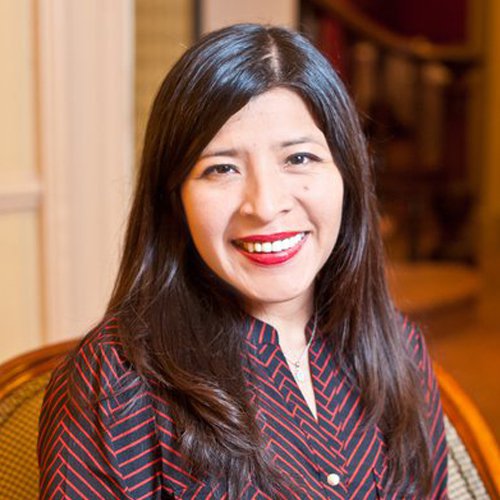
Assistant Professor of Environmental Humanities
Native and Indigenous Studies
Courses she teaches at Syracuse University:
● Indigenous Food Sovereignty
● Indigenous Research Methodologies
● Food Fights and Treaty Rights: Revitalizing Indigenous Philosophies
“I am grateful for the WAC Fellowship because I can collaborate with and receive mentorship from writing specialists. As a result, I developed writing-to-learn strategies and (re)designed syllabi for my writing-intensive courses. As an Indigenous faculty, it is great to be engaged with a community of educators committed to improving best practices for supporting student writing and learning in the disciplines.”
Meredith Martin
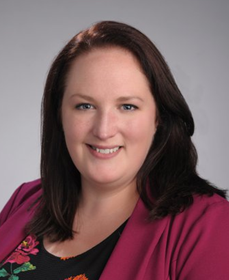
Associate Teaching Professor
Psychology
Courses she teaches at Syracuse University:
● Foundations of Human Behavior
● Psychology of the Adolescent
● Behavior Disorders in Children
● Lifespan Developmental Psychology
● Teaching of Psychology
“I entered with the narrowly defined goal to integrate more writing into my large lecture course and was anticipating coming out with a few new ideas. I was not prepared for how fundamentally this fellowship would influence my teaching. I was challenged to interrogate my core assumptions around course design and assessment in a way that has, without exaggeration, redefined how I think about this class. The smooth integration of antiracist pedagogy within the WAC fellowship was particularly impactful. This has hands-down been the most meaningful professional development program I have ever been a part of. The benefits go far beyond simply improving one class.”
Jennifer O’Reilly
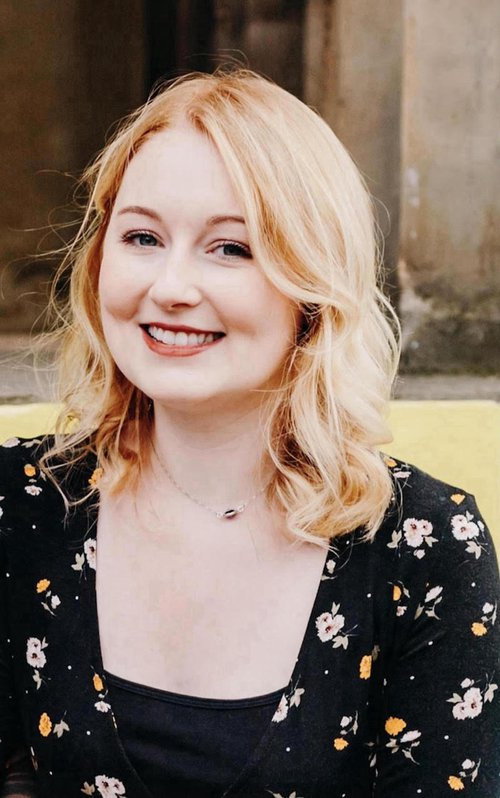
Visiting Assistant Teaching Professor
African American Studies
Courses she teaches at Syracuse University:
● AAS138: Writing about Black Culture
● AAS231: African American Literature before 1900: An Introduction
● AAS232: African American Literature: Twentieth and Twenty-First Centuries
● AAS611: Arts, Literatures, and Cultures of the Pan-African World
“As an instructor of literature, writing has always been at the core of my courses. I spend multiple hours every week teaching my students how to do the work of interpreting and analyzing various types of writing, yet I’ve rarely had the space and professional support to think more deeply about how I can use writing as a tool to develop the critical thinking and interpretive skills that are foundational to my courses. The WAC Fellowship allowed me the opportunity to reimagine writing in ways that allow my students to move beyond analysis and to experience the value of writing to think, learn, process, and reflect. Being in community with colleagues who teach Writing Intensive courses and working with experts in the field enabled me to design more formative and purposeful assignments that will broaden the ways my students can utilize writing. Engaging with this program has transformed my approach to teaching writing and will hopefully transform the ways my students engage with the writing process.”
2020-2021 Faculty Fellows
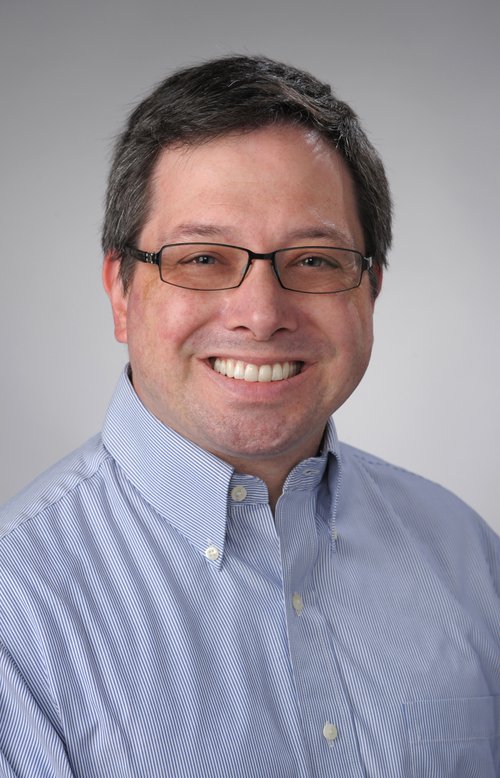
dtgraysa@syr.edu
Assistant Professor
Department of Mathematics
Courses he teaches at Syracuse:
- Calculus I & II
- Assessment and Data Driven Instruction in Mathematics
- Research Seminar in Mathematics Education
- Argumentation in Mathematics and Science Education
- Modeling in Mathematics and Science Education
- Teaching and Learning Geometry
- Teaching and Learning Functions
- Generalizing in Mathematics Education
As a mathematics instructor, I know that listening to student thinking, and reading students’ explanations of their work, are informative and useful assessment practices. The Writing Across the Curriculum program has helped me to extend that idea to include student writing as an important instructional practice. By incorporating more informal and formal writing activity in my mathematics and mathematics education courses I am learning more about what my students are thinking and what they are wondering. More importantly, by expressing their thinking and their ideas, my students are actively reflecting on course content to construct, refine, and deepen their understandings.
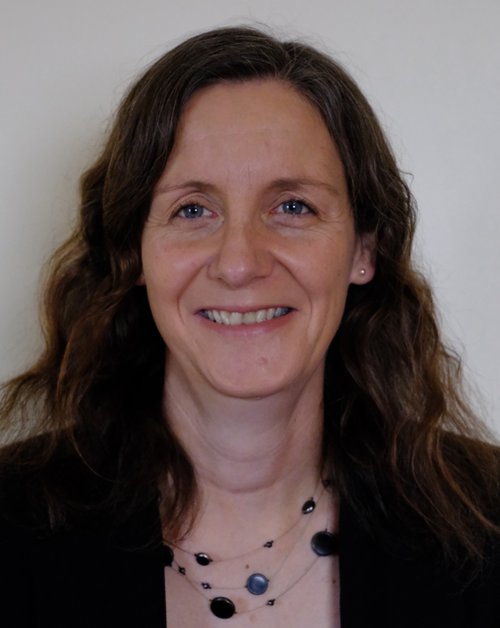
Assistant Teaching Professor
German
Languages, Literatures, and Linguistics
German language Literature and Culture
Modern Foreign Languages
332 HB Crouse Hall
meikelpo@syr.edu
Courses she teaches at Syracuse:
- GER 101
- GER 102
- GER 201
- GER 202
- GER 300 Introduction to German Literature
- GER 357 German Culture and Civilization
- CAS 201
"I have taught introductions to German literature in both German institutions and the US, however, I hardly ever took the chance to critically review and rename my goals with outside support.
WAC gave me that opportunity.
WAC also encourages me to explore approaches of critical pedagogy and tie them to my teaching so students have more agency in the set-up of the learning processes.
Pedagogically, the WAC program has turned me outside in and inside out and thus strengthened by abilities to merge critical thinking and critical teaching, at a time when pedagogies are faced with the challenges of 2020. It brought me closer to my colleagues from different disciplines and gave me new insights and connections. This program, to say the least, is transformative.
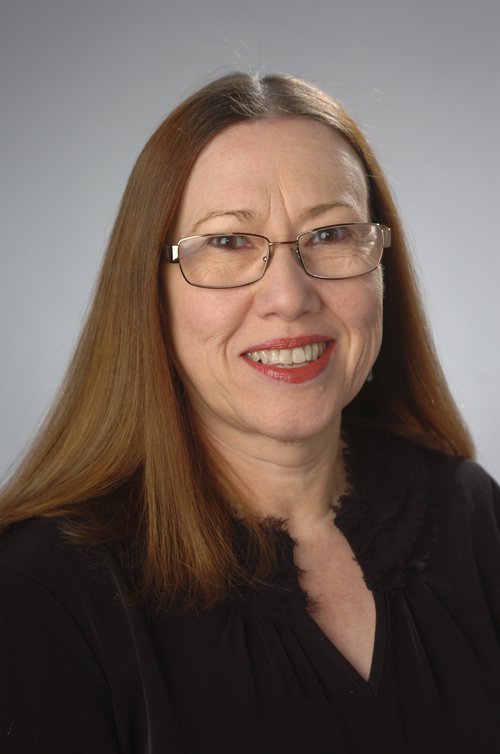
Associate Professor
Spanish; Undergraduate Adviser
Director of Latino-Latin American Studies Program
Languages, Literatures, and Linguistics
Latino-Latin American Studies
Modern Foreign Languages
Spanish Language Literature and Culture
310 HB Crouse Hall
mygarcia@syr.edu
2019-2020 Faculty Fellows
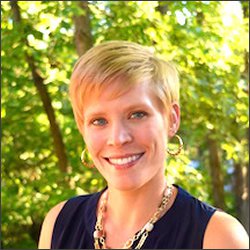
Katie Becklin
kmbeckli@syr.edu
Assistant Professor
Department of Biology
Courses she teaches at Syracuse:
- Ecology and Evolution
- Isotopic Approaches in Global Change
- Conservation Biology
- Global Change Seminar
“As an instructor my primary goal is to help students become lifelong learners with the ability to think critically and deeply about science. For me, writing has always been an integral part of the learning process, but I have struggled with how to best implement writing in my classes, especially those with large student enrollment. Through the Writing Across Curriculum program I have explored new ways to use informal writing exercises to support student learning and encourage metacognition. I am especially interested in the potential benefits of writing-to-learn for students from historically underrepresented groups in science. It has been exciting to see students develop new knowledge and express their creativity in science through writing.”
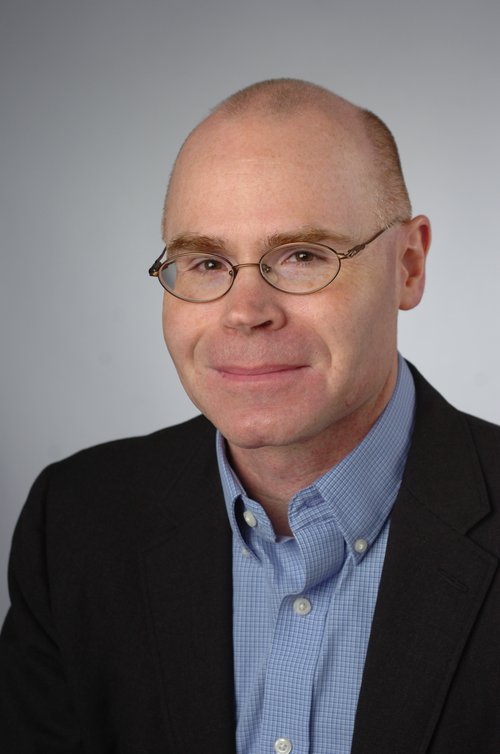
Theodore Cateforis
tpcatefo@syr.edu
Associate Professor
Director of Undergraduate Studies in Fine Arts
Music History and Cultures
Courses he teaches at Syracuse:
- American Popular Music
- Indie Music
- Music and Media
- Music and Sports
- Popular Music Studies
- Rock Music
"I have taught writing assignments for many years, generally giving the students very goal-directed instructions that involve close-text reading or analysis of some kind. Through the WAC program, I have been encouraged to explore new, exciting avenues--ones, for example, in which the students interact with primary sources and adopt creative writing strategies to place themselves within the historical period we are studying. I am especially in favor of assignments that give students agency in their writing voice, while steeping them in the subject matter of the course. The WAC program has been a transformative experience for my teaching."
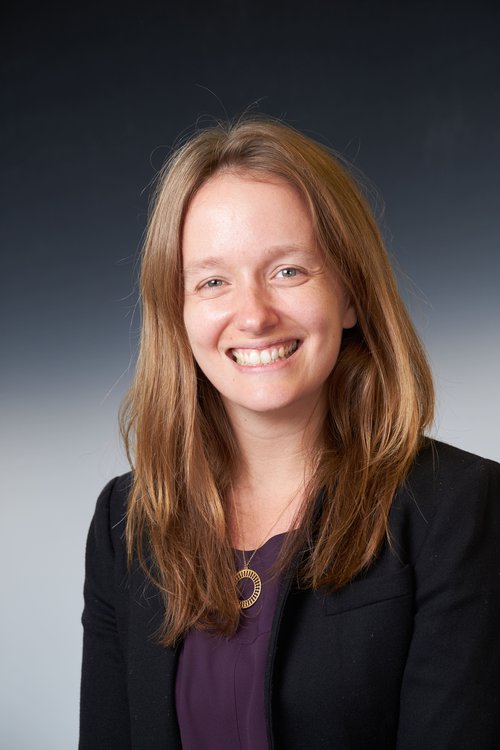
Nicole Fonger
nfonger@syr.edu
Assistant Professor
Department of Mathematics
Courses she teaches at Syracuse:
- Precalculus
- Calculus
- Methods and Curriculum in Teaching Mathematics
- Candidacy Student Teaching
- Research Seminar in Mathematics Education
“One of my mantras for teaching mathematics is “We learn mathematics by doing mathematics.” Since participating in the WAC fellowship program, I have incorporated a new mantra into my teaching practice: “We learn mathematics by writing about and reflecting on mathematical ideas.” These mantras together have helped me refine my teaching philosophy; mathematics is a social activity that involves the practice of representing mathematical ideas in spoken and written forms. With the support of WAC faculty, I have created new course assignments that encourage mathematics and mathematics education students to regularly engage in the process of writing as a way to synthesize the ideas they are learning.”
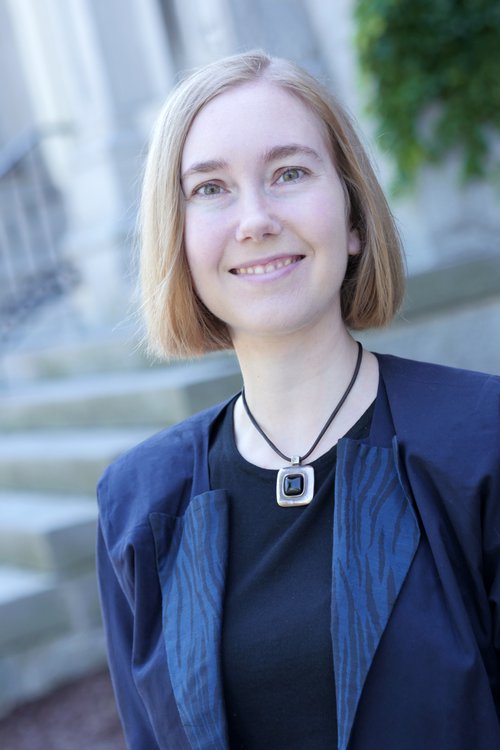
Genevieve Waite
gowaite@syr.edu
Assistant Teaching Professor
French Language Coordinator
Languages, Literatures, and Linguistics
Courses she teaches at Syracuse:
- Translingual Francophone Authors
- French Phonetics and Conversation
- Intermediate French
“The Writing Across the Curriculum program allowed me to effectively apply writing-to-learn pedagogy to a literature course that is taught in a foreign language. In addition to designing more interactive presentations that prompted students to participate actively in class, I learned to edit my assignments so that students could more effectively produce a scaffolded, thesis-driven final paper. I was delighted to receive many insightful recommendations for improving my course, and I look forward to implementing these changes in the spring.”
2018-2019 Faculty Fellows
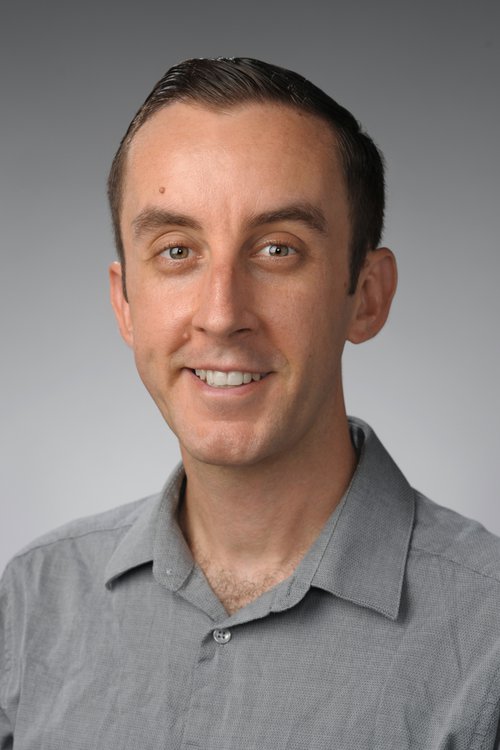
Timur Hammond
Assistant Professor, Geography
twhammon@maxwell.syr.edu
Faculty Profile
Courses he teaches at Syracuse:
- Geography of Religion
- Introduction to Human Geographies
- Geographies of Memory
- The Global Middle East
- Seminar in Cultural Geography
“When I’ve assigned writing to students in the past, it has usually been in the form of final research papers, with a few signposts set out along the way to help me organize the assignment. One of the best lessons I drew from the Writing Across the Curriculum program was the need to ask a seemingly basic question when I designed my syllabus: How did my course’s writing assignments actually help students learn course material more effectively? Instead of using writing assignments as a way to demonstrate learning that had happened elsewhere, working with the Writing Across the Curriculum program gave me the opportunity to better integrate writing assignments as part of an ongoing learning process.”
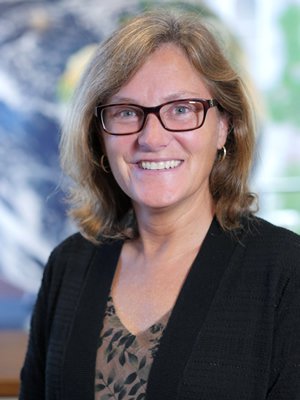
Linda Ivany
Professor, Earth Sciences
lcivany@syr.edu
Faculty Profile
Courses she teaches at Syracuse:
- Earth Science
- History of Earth and Life
- Introduction to Paleobiology
- Paleoecology
- Geochemical Patterns in the History of Earth and Life
Topics in Paleobiology
“I have been teaching a writing-intensive course (EAR 325–Introduction to Paleobiology) here at SU for a number of years. Nevertheless, though I’ve been at this for a while, there were things about the way writing was integrated into the class that didn’t seem to work as well as I’d have liked, and each year I tried to adjust it but was never quite sure how best to do so. When I saw the Writing Across the Curriculum (WAC) program announced, I jumped at the chance to interact with people who thought explicitly about this issue–how to effectively incorporate writing into courses that focus on other diverse topics.”
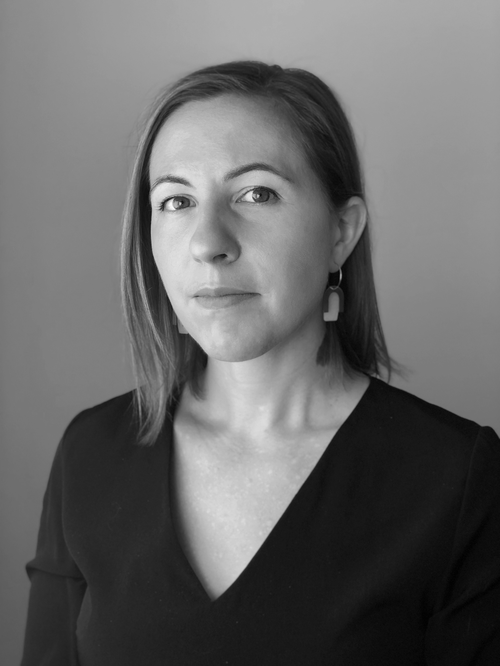
Sarah Fuchs
Assistant Professor, Music History and Cultures
sefuchss@syr.edu
Faculty Profile
Courses she teaches at Syracuse:
- Film Music
- European and American Music Since 1800
- Introduction to Music History
“From the outset, one of the aspects of the Writing Across the Curriculum movement that attracted me most was the concept of “writing to learn,” in which students engage in informal, in-class writing exercises as means of making the course content their own. In an effort to integrate such practices into the curriculum and the classroom, I replaced the scaffolded research project I had previously assigned with prompts that will invite students to think critically and creatively.”
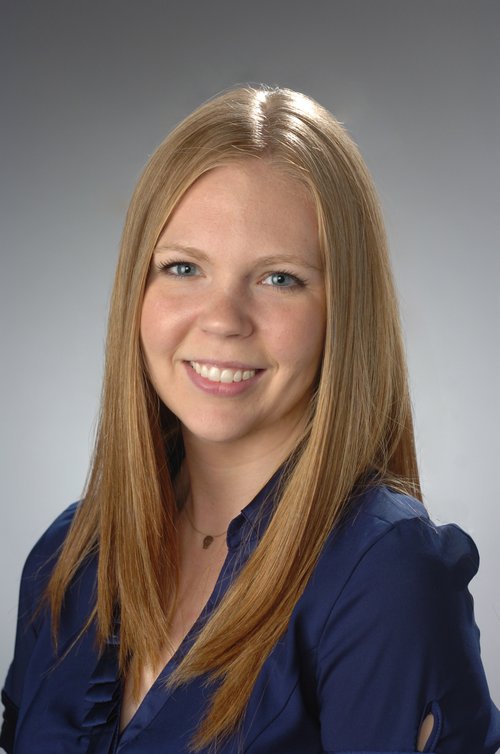
Laura E. VanderDrift
Associate Professor, Psychology
lvanderd@syr.edu
Faculty Profile
Courses she teaches at Syracuse:
- Close Relationships
- Social Psychology
- The Social Psychology of Interpersonal Relations
- Research Methods in Social Psychology
“I’m not prone to hyperbole, but this program was absolutely a career-changer. I hadn’t realized it, but going into this program, I had lost track of how to teach effectively, what my goals as an instructor were, and how to connect with students. In learning how to incorporate writing into the curriculum, my goals as an instructor became laser-focused. I want students to be engaged and think deeply about the material I teach and its applicability to their life and career path. On top of helping me realize my goals, this initiative gave me the concrete tools to achieve them.”
